John Tsoho, the judge handling Nnamdi Kanu’s trial, has returned the case file to Ibrahim Auta, chief justice of federal high court, for reassignment.
This was sequel to an application by the legal team of Kanu led by Chuks Muoma, claiming that the court was biased in its handling of the matter.
“We are only asking the court to hands off; my client has lost confidence in this court,” he said.
He claimed that the court was acting in line with the suggestion of President Muhammadu Buhari that Kanu was not going to be released under any circumstance.
Advertisement
The counsel said that if they did not get the relief they sought, they would proceed to the International Court of Justice.
Muoma said any proceedings in the case, following the claim that a petition was written to the National Judicial Council (NJC) to protest against the court, would “stifle it”.
“I understand that there is a letter to NJC, though I haven’t seen it and the CJ has replied saying that the matter will be investigated,” he said.
Advertisement
“I would urge you that you transfer the matter; I would suggest that it be sent back to the CJ.”
Responding, the judge said: “I have no interest in trying your matter and I will return it to the CJ, but I will condemn the attitude of that counsel. I do not care if you take your case to another planet.”
He said that making a ruling on the said application was an attempt to “pre-empt” the outcome of the petition sent by Kanu’s lawyers to the CJ.
However, in a ruling, the judge who prevented the prosecuting counsel from speaking, said: “This case is hereby transferred to the CJ.”
Advertisement
This is the second time in nine months that a judge would be withdrawing from Kanu’s trial.
In December 2015, Kanu refused to take plea on a six-count charge of treason, importation of illegal good and possession of fire arms filed against him by the Department of State Services (DSS), saying he had it on good authority that Ahmed Mohammed, the trial judge, was biased.
“I will rather remain in detention than subject myself to a trial that I know amounts to perversion of justice,” he said.
“I will not have a fair trial in this very court because information available to me indicates that I will not receive fair trial before this very judge.”
Advertisement
The judge, who “found nothing wrong” with Kanu’s utterances, withdrew from the case, saying: “I am of the view that the first defendant has the right to object to be tried in any court. I do not see any wrong with the issues raised.
“Justice is all about confidence. Would the prosecution not raise similar objection if occasion had presented itself. Let it be clear that the defendant is not challenging the validity of the charges against him.”
Advertisement
Mohammed said section 396 of the administration criminal justice Act used to deflate the objection did not apply in the circumstance.
“It is on this premise that I remit the case file to the office of the chief judge for re-assignment,” he concluded.
Advertisement
Kanu’s travail with the secret police started in October 2015 when he was arrested shortly after he arrived the country from his base in the United Kingdom.
He was accused of criminal conspiracy, ownership of an unlawful society and attempting to split Nigeria, and he was held in DSS custody for months before the service arraigned him in court.
Advertisement
2 comments

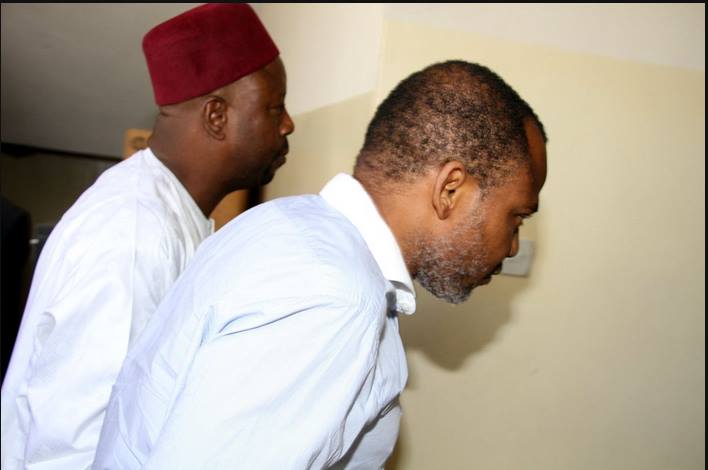
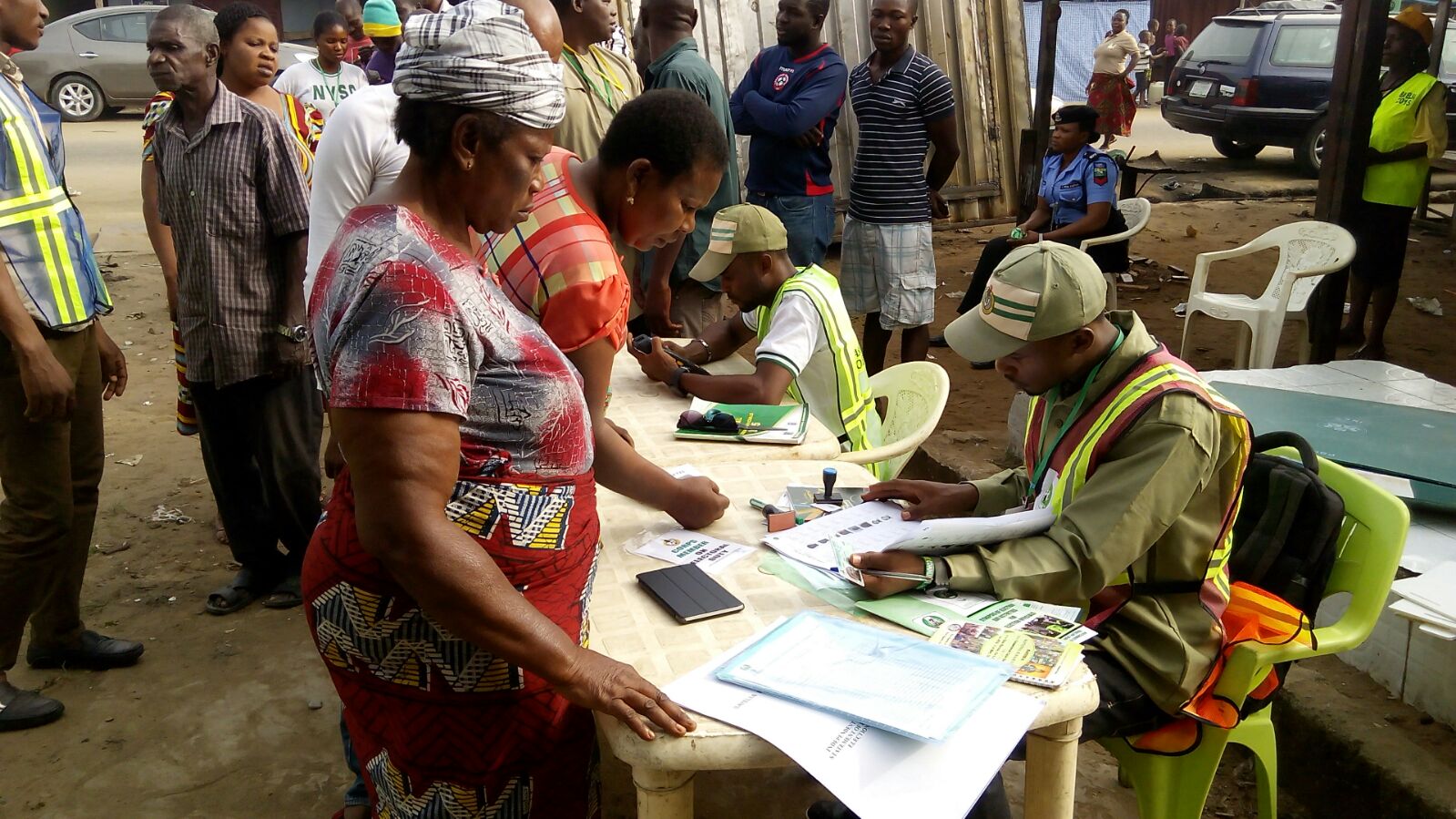
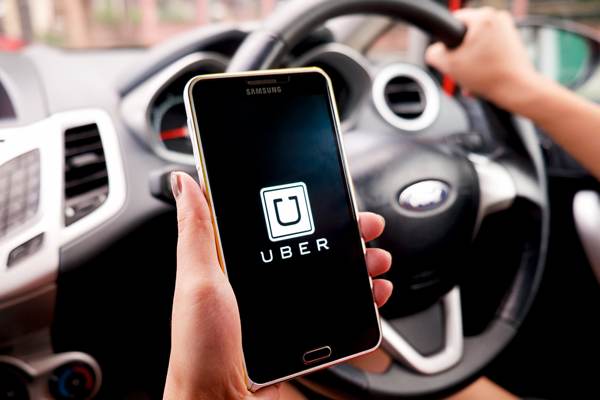

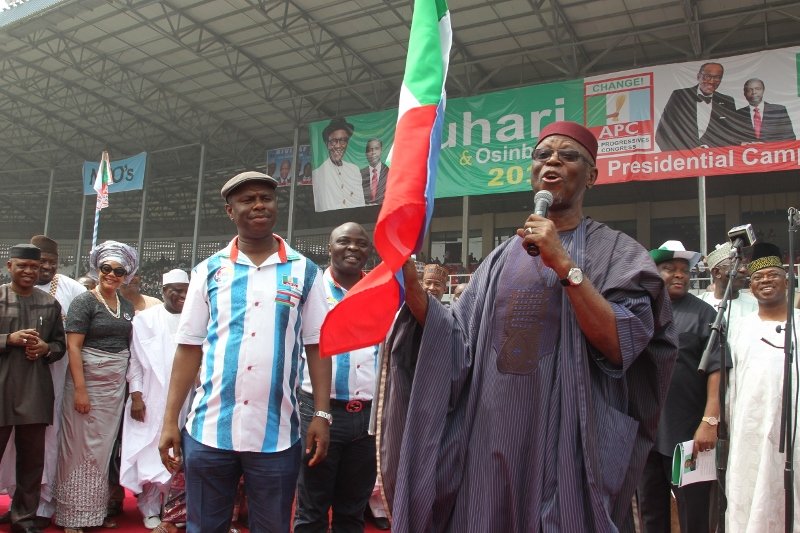

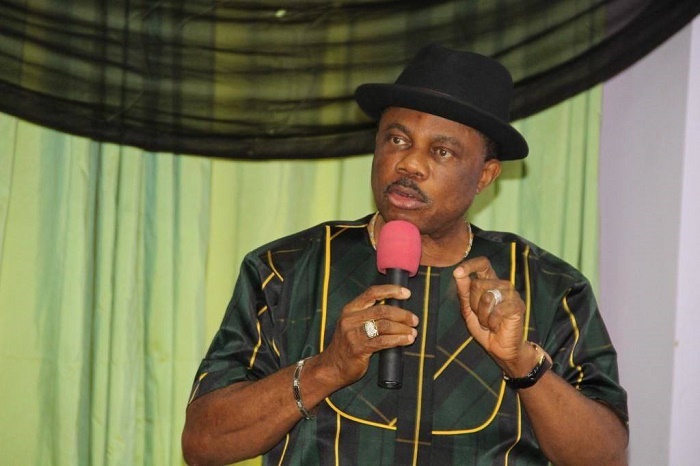
Nnamdi Kanu and his team seems to be making serious mistake in his case. when they should be spending their time undermining the validity of the case against him and making consistent legal argument against his detention, the interference of the president and how it undermines due process and ability of the court and Nigerian Judicial system to deliver justice, they have adopted attitude of attacking the judges forgetting that the judiciary is a conservative institution which closes rank.
In the end, the case will be given to a judge, who will deliver the judgement Buhari wants, if the illegality and injustice of such an outcome is not argued at every opportunity.
I am not a lawyer, but I think I know a thing or two about judicial process.
The first judge who withdrawal from the case has already laid foundation for such an outcome when he said. “Justice is all about confidence. Would the prosecution not raise similar objection if occasion had presented itself. Let it be clear that the defendant is not challenging the validity of the charges against him.”
If the defendant is not challenging the validity of the charges against him, what then is he doing in court?
If the Judge has already come to conclusion about the validity of the charges against Nnamdi, without a trial of the matter, does it really matter, which Judge delivers the judgement?
If I were Kanu’s lawyer, I would have made a huge legal capital out of this prejudicing statement by a judge and quickly use every opportunity to establish that the charges against my client lacks both validity and veracity.
This may be, when Kanu lost his case, if his legal team do not become both robust and strategic in his defence.
Buhari is seeking to use the judiciary to validate an injustice and unless a robust and dispassionate defence based on the rule of law and justice as fairness is mounted, Kanu May suffer the fate of KenSaro Wiwa God forbid.
By focusing on the judges, the team appear to have taken their eyes of the substance of the case. It is a high risk strategy. Legal process is both an art and craft, and the cunning and astute often wins where the clever and brash loses.
What do you understand by a ‘charge’? is a charge a conviction? Validity of a charge does not mean one has been found guilty or innocent. You are right, you are not a lawyer … so I will understand your ignorance